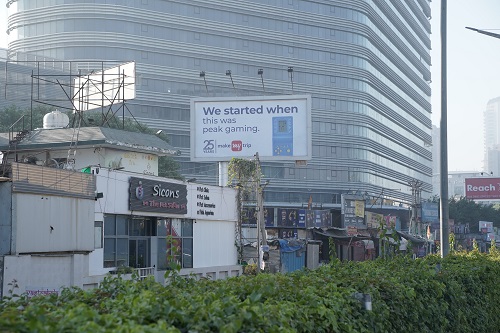Five migrants died and a sixth was in a critical condition on Sunday after trying to reach Britain from northern France in freezing temperatures, the French maritime authority said.
More than 30 people were rescued, the maritime prefecture said in a statement.
The fatalities were the first reported migrant deaths on the Channel in 2024.
Authorities said four migrants died overnight, while a fifth body was found later on the beach.
The group was attempting to reach a vessel off the resort town of Wimereux when their small boat got into difficulty around 2:00 am (0100 GMT), the maritime prefecture said.
The local public prosecutor’s office said that the boat had been in the process of being launched away from the shore when it “tipped over” due to the swell and the rising tide.
Some people were already on board and others were preparing to board, the Boulogne-sur-Mer public prosecutor’s office said.
The office said the victims were thought to be young men of Syrian origin.
The crew of a French tow vessel, the Abeille Normandie, went to the rescue and spotted “unconscious and lifeless people” in the water, an official said, estimating the water temperature at nine degrees Celsius.
Along the Wimereux embankment an AFP journalist saw items of clothing and shoes abandoned by the migrants.
The survivors were taken to a shelter in Calais.
‘Entire families’
According to the maritime prefecture more than 30 people were rescued, but one person, who spoke on condition of anonymity, had said around 70 migrants were brought in at around 3:00 am, including “entire families with children, some of them very young”.
“Some of the survivors did not stay and told us they wanted to go to the Dunkirk train station to reach an accommodation centre in Armentieres,” the source added.
Authorities launched an investigation into “aggravated manslaughter” and other crimes, the Boulogne-sur-Mer public prosecutor’s office told AFP.
Autopsies would determine the cause of death, which may be due to “drowning” or “thermal shock”, prosecutors said.
Local maritime authority Premar said that more than a hundred people had tried to cross the Channel since Saturday night, and more than 60 had been rescued.
Jean-Claude Lenoir, head of the Salam association, said migrants took huge risks by trying to board bigger vessels in the water in the current conditions.
“Migrants want to get on board at all costs,” he told AFP. “They quickly fall victim to hypothermia or drowning.”
The region around Calais, the jumping-off point for the shortest crossing to England, has long been a magnet for migrants.
Twelve migrants lost their lives in 2023 trying to cross the Channel, according to the maritime prefecture.
More than two decades after the closure of a Red Cross centre in Sangatte, hundreds of people still live in tents and makeshift shelters near Calais and Dunkirk, hoping for a chance to make the crossing hidden in a truck or aboard a small boat.
The boats are a political priority for the British government and a bone of contention with France, as tens of thousands of people a year make the dangerous crossing.
‘Trade in human beings’
The British government has been pushing ahead with a plan to deport migrants that have arrived illegally on British soil to Rwanda.
“It breaks my heart, but it just shows we’ve got to stop the boats, we’ve got to stop this illegal trade in human beings,” British Foreign Minister David Cameron told the BBC, referring to the latest tragedy.
“The only way you can stop the boats is by busting the model of the people smugglers.”
Labour opposition leader Keir Starmer, widely tipped to become prime minister later this year, said: “To lose your life in a small dinghy or boats in the winter, in the Channel is just awful.”
But he slammed the Rwanda scheme as a “gimmick” and said the authorities had to go after the people smugglers.
“I refuse to accept that somehow these gangs are untouchable, and we can’t do anything about it,” he told the BBC.
According to London, nearly 30,000 migrants crossed the Channel from mainland Europe to Britain in small boats in 2023 — an annual drop of more than a third.
Afghans, Iranians, Turks, Eritreans and Iraqis make up the majority of migrants.














